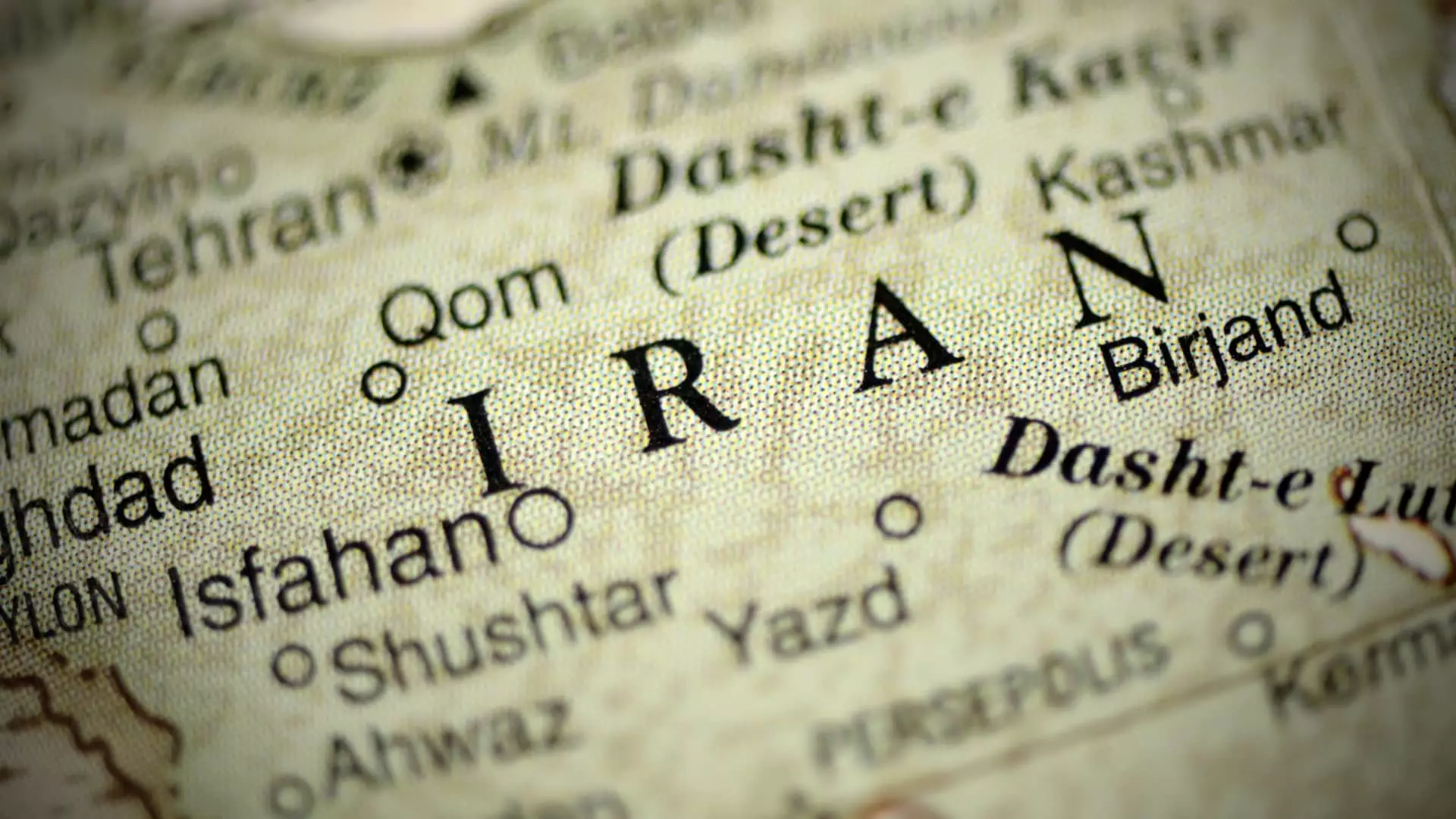The enduring friction between Israel and Iran has reached another critical juncture, with recent hostilities heightening tensions in an already volatile region. The backdrop of this latest flare-up dates back to the Iranian missile attack on October 1, a military response characterized by Tehran as revenge for Israel’s recent military incursions into Lebanon and the targeted killings of key figures within their allied groups, specifically Hamas and Hezbollah leaders. The implications of these actions resonate deeply, not only for the two involved nations but also for broader U.S. interests in the Middle East.
Despite Iran’s show of aggression, the damage inflicted on Israeli soil was reportedly minimal. However, the psychological impact of such an attack cannot be overstated. Israel’s anticipated retaliation has left regional allies and adversaries alike bracing for potential escalation. U.S. officials, closely monitoring the situation, have indicated that while Israel appears to have a defined focus for its counteraction—primarily targeting Iranian military and energy infrastructure—it is still in the throes of deliberation over the specifics of its response.
As the situation unfolds, one of the most perplexing elements is the ambiguity surrounding the timing of Israel’s retaliation. U.S. intelligence has not pinpointed a clear timeframe, and there are no indications suggesting that Israeli officials have settled on a structured timeline. The prevailing sentiment is that Israel’s military apparatus stands ready for action, a stance predicated on the understanding that a decision could hinge on both operational considerations and geopolitical calculations.
Marking the Yom Kippur holiday as a potential moment for retaliation highlights the tactical dimensions of the conflict. The significance of timing in warfare often transcends mere strategy; it taps deeply into cultural and emotional undercurrents that can amplify the stakes. Observers are left pondering whether Israel might use this period of relative stillness to unleash a planned strike, or if they will opt for restraint, recognizing the broader ramifications of their military decisions.
The United States finds itself in a complex position, attempting to balance support for Israel with broader strategic goals in the region. High-level communications between U.S. Secretary of Defense Lloyd Austin and Israeli Defense Minister Yoav Gallant have underscored the importance of maintaining operational security and mutual understanding. However, the lack of specific details shared during their discussions raises questions about the clarity and cohesion of the Israeli leadership on how to proceed.
Further complicating matters is President Biden’s insistence on prioritizing humanitarian considerations in Gaza and Lebanon, a stark reminder that military actions bear heavy civilian consequences. His approach highlights a significant challenge in U.S.-Israeli relations: the need to reconcile security interests with humanitarian realities. Such considerations could shape Israel’s tactical decisions about its response to Iran and inform how forcefully it engages in this conflict.
Amidst these dynamics, the issue of operational security looms large. Israeli officials have chosen to keep many details of their proposed responses under wraps, highlighting an age-old principle in military strategy: information control. While U.S. officials have been kept partly in the loop, the reluctance to reveal specific targets may signal an acknowledgment of the unpredictable nature of warfare, especially when dealing with an adversary like Iran, which has demonstrated resilience in the face of military challenges.
The call for a proportional response from U.S. officials adds another layer of complexity to this situation. While military targets are favored, there is a palpable fear that disproportionate damage to Iranian energy or nuclear capacities could trigger profound repercussions, including heightened retaliatory actions from Iran. This nuanced dance of military posturing and diplomatic engagement showcases the volatility of international relations, where decisions made in one moment can have cascading effects across borders and ideologies.
As the potential for conflict looms over the region, it remains to be seen how Israel will calibrate its response to Iran. The interplay between military objectives, humanitarian concerns, and regional stability will prove critical not only for Israel and Iran but also for the U.S. and its allies. One can only hope that wisdom prevails amidst this precarious situation, leading to avenues of dialogue rather than destruction.

Leave a Reply